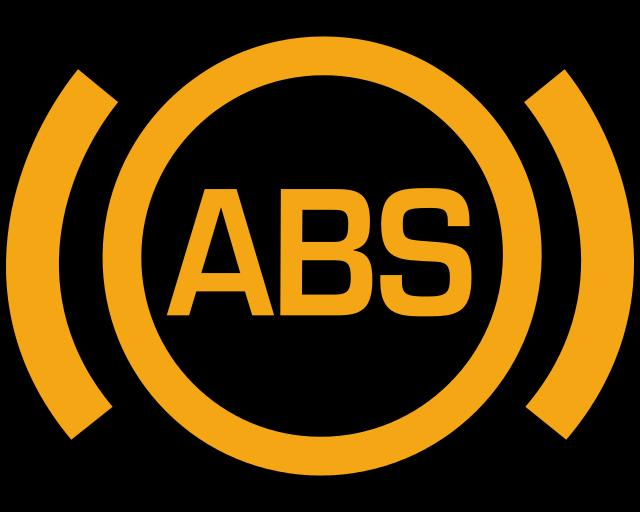Why the ABS Warning Light Comes On and How a Mechanic Diagnoses and Fixes It
By Steinway Auto Repair
As a mechanic with years in a car repair shop in Astoria, one of the more common dashboard warnings I see drivers get nervous about is the ABS (Anti-lock Braking System) light. And rightly so—while your regular brakes will still work, the ABS system is a crucial safety feature, especially in slippery or emergency braking situations. When that warning light comes on, it’s your car telling you something's wrong with the system that helps prevent wheel lockup during braking.
In this article, I’ll walk you through the most common reasons for the ABS warning light to appear and what steps a professional mechanic like our Auto Mechanic in Astoria takes to resolve the issue.
What Causes the ABS Warning Light to Come On?
1. Faulty Wheel Speed Sensor
Each wheel has a speed sensor that feeds data to the ABS control module. If one of these sensors fails or starts giving erratic readings, the system can't properly detect wheel speed, so it disables itself and triggers the warning light.
2. Damaged Sensor Wiring
Even if the sensor is working fine, damaged wiring or corroded connectors can interfere with signal transmission. This often happens in regions with heavy road salt usage in winter.
3. Malfunctioning ABS Module
The module itself can fail due to age, water intrusion, or internal electrical faults. A faulty module means the brain of the ABS system can’t function correctly.
4. Low Brake Fluid
Some vehicles will trigger the ABS light if the brake fluid level is too low. This might also illuminate the general brake warning light, signaling a bigger issue.
5. Blown Fuse or Relay
ABS systems rely on dedicated fuses and relays. A blown fuse or bad relay can shut down the system and activate the warning light.
6. Worn Brake Pads or Hydraulic Issues
Though less common, unevenly worn brake pads or a sticking caliper can affect braking pressure distribution and trigger an ABS fault in some systems.
What a Mechanic Does to Diagnose and Fix the ABS Light
When a customer comes in with an ABS light on, our Auto Mechanic Queens follows a systematic diagnostic approach:
1. Initial Inspection
• Check brake fluid level and condition.
• Look for obvious signs of damage to wiring or connectors near the wheels.
2. Scan the ABS System
I connect a professional scan tool (not just a basic OBD-II reader) to retrieve diagnostic trouble codes (DTCs) specific to the ABS system. These codes give me a starting point—whether it’s a specific sensor, circuit, or the control module.
3. Inspect the Wheel Speed Sensors
• I inspect each sensor for signs of damage, contamination (like rust or grease), or looseness.
• I’ll often measure resistance across the sensor and check for signal output with a multimeter or oscilloscope while spinning the wheel.
4. Check Wiring and Connectors
If the sensors check out, I inspect the harnesses for wear, corrosion, or breaks especially near the suspension where movement and road debris can cause damage.
5. Test the ABS Module
If no sensor or wiring faults are found, I may have to test the ABS module. Some issues require module reprogramming or full replacement, depending on the make and model.
6. Verify and Clear Codes
After repairs are made—whether it's a sensor replacement, fluid top-off, or a module replacement—I test drive the vehicle and use the scan tool to verify the fix. Then I clear the stored trouble codes and confirm the ABS light stays off.
Final Thoughts
An ABS warning light shouldn’t be ignored. While your car may seem to stop just fine, you're losing a key safety system designed to help maintain steering control during emergency stops or slippery conditions. For mechanics, diagnosing ABS issues is a mix of experience, the right diagnostic tools, and a thorough process.
If your ABS light is on, don't wait too long to have it checked—better to be safe than skidding. If you're experiencing ABS issues and you’re located in the New York City area, feel free to bring your vehicle in to Steinway Auto Repair for brake service in Astoria. We’ll make sure your braking system is performing the way it should—safe and sound.

